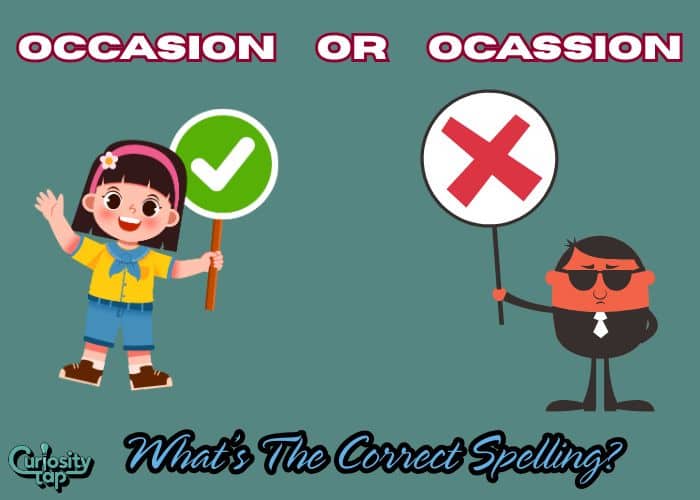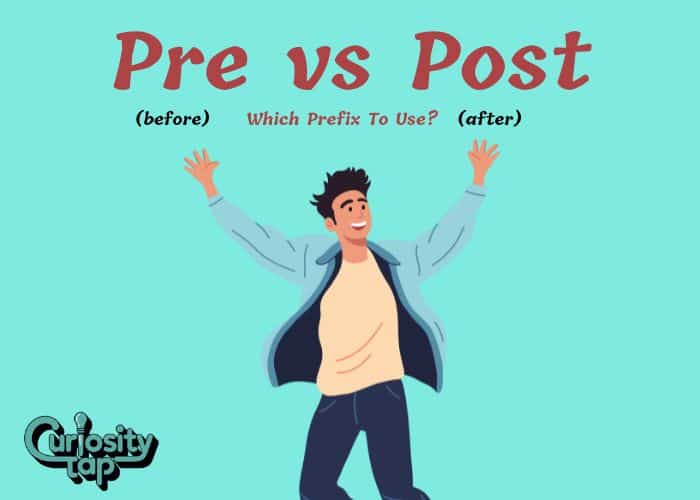If you’ve ever hesitated while typing “occasion” or “ocassion”, you’re not alone. Many English learners and even native speakers struggle with doubling consonants in tricky words.
The pain point? A simple misspelling can make your professional emails, essays, or social media posts look careless. The promise? By the end of this article, you’ll never confuse these two spellings again.
Why Spelling Matters in Professional & Everyday Writing
Correct spelling isn’t just about passing school tests. It’s about credibility, professionalism, and clarity. According to a 2023 Grammarly survey, 93% of professionals agree that spelling errors affect how others perceive competence. In a world where first impressions are often written, even one misplaced letter matters.
The Correct Spelling: Occasion (Not Ocassion)
The word occasion is always spelled with a single “c” followed by a double “s”. The incorrect form “ocassion” often comes from confusion over English spelling rules about consonant doubling.
Common Definition and Usage
- Occasion (noun): A particular event, time, or situation.
- Example: “Her graduation was a joyous occasion.”
- Occasion (verb): To cause something to happen.
- Example: “His comment occasioned a heated debate.”
Why Do People Write “Ocassion”?
English spelling is notoriously tricky, and ocassion is a classic error rooted in phonetics and memory.
Double Consonant Confusion
Words like “occasion”, “possession”, and “profession” use a double s but only one c. Learners often overcorrect and double both consonants.
Influence of Similar Words
Words like “accession” and “succession” contain double c, leading to the false assumption that occasion follows the same pattern.
Real-Life Example: When Spelling Costs You
A marketing executive shared an anecdote on LinkedIn: during a high-profile campaign, the team printed 50,000 brochures with the misspelling “Grand Ocassion Sale.” Not only did the mistake cost the company $7,500 in reprints, but it also dented the brand’s credibility. This real-world scenario shows how a small slip can lead to big consequences financially and reputationally.
Also Read:
Pre vs Post: Which Prefix To Use?
Catalogue or Catalog: What’s The Right Spelling?
Steam or Steem: What’s The Difference?
Of Course or Ofcourse: Correct Spelling Explained
Hoodie or Hoody? Choosing The Right Spelling
Quick Reference: Occasion vs. Ocassion
| Word | Correct/Incorrect | Meaning | Example Sentence |
|---|---|---|---|
| Occasion | ✅ Correct | Event, time, cause | “The wedding was a happy occasion.” |
| Ocassion | ❌ Incorrect | — | — |

Checklist: How to Remember the Correct Spelling
- ✅ Always use one “c” and double “s.”
- ✅ Break it down: oc-ca-sion → notice only the s is doubled.
- ✅ Link it with session (also double “s”).
- ✅ Proofread reading aloud often catches errors.
- ✅ Use tools like spell-check but don’t rely solely on them.
FAQs About Occasion vs. Ocassion
Which is correct, occasion or ocassion?
The correct spelling is occasion. “Ocassion” is always wrong.
Why is occasion spelled with a double “s”?
It comes from Latin occasio, where the double “s” reflects pronunciation shifts in English.
Is occasion ever spelled differently in British or American English?
No, both dialects use occasion.
Can occasion be used as a verb?
Yes. Example: “The delay occasioned frustration among the passengers.”
What are synonyms for occasion?
Event, occurrence, happening, moment, cause.
Pros & Cons of Using the Word “Occasion”
Pros
- ✅ Universally understood in both formal and casual contexts.
- ✅ Works as both noun and verb.
- ✅ Adds sophistication to writing.
Cons
- ❌ Frequently misspelled as “ocassion.”
- ❌ May sound too formal in casual conversation.
Conclusion: Mastering the Spelling Once and For All
To recap: occasion is the only correct spelling; ocassion is a mistake. By understanding its origin, practicing with examples, and using quick memory tricks, you’ll avoid this common pitfall. Whether you’re writing an essay, a professional email, or a social media post, correct spelling builds trust and credibility.
Call to Action
Want to sharpen your English and write successfully every time?
Check out our Grammar Checker Tool and never second-guess your spelling again!
Read our guide on Common English Misspellings to boost your skills even further.
Sources List
Sources:
- Grammarly. (2023). The State of Business Communication. Retrieved from https://www.grammarly.com
- Cambridge Dictionary. (2024). Occasion. Retrieved from https://dictionary.cambridge.org
- Merriam-Webster. (2024). Occasion. Retrieved from https://www.merriam-webster.com
Read more knowledgeable blogs on Curiosity Tap
Is this article helpful?

Jackson Pearson is a passionate educator and language enthusiast behind the blog Jackson Pearson. With years of experience in teaching and writing, he specializes in simplifying complex grammar rules, breaking down tricky vocabulary, and crafting learning guides that are both engaging and practical. His mission is to help readers boost their English skills whether they’re beginners or brushing up for fluency. Through every article, Jackson brings clarity, structure, and a spark of curiosity to the world of English learning.



